Faculty of Law, Universitas Syiah Kuala, Participates in SEAHRN International Conference on Human Rights, Peace, and Conflict in Southeast Asia
Penang, Malaysia, 13-14 August 2024 – The Faculty of Law at Universitas Syiah Kuala proudly participated in the Southeast Asian Human Rights and Peace Education Network (SEAHRN) International Conference on Human Rights, Peace, and Conflict in Southeast Asia. Held at the prestigious St. Giles Wembley Hotel in Penang, Malaysia, on 13-14 August 2024, this event attracted scholars, academics, government officials, and human rights advocates from across Southeast Asia, reinforcing the region’s commitment to human rights and peacebuilding.

SEAHRN, a prominent consortium of human rights and peace scholars, is composed of 22 university-based institutions from Southeast Asia, including Universitas Syiah Kuala. Established with the goal of fostering a Southeast Asian culture rooted in human rights and peace, SEAHRN has been instrumental in driving research, education, and outreach activities on human rights, peace, and conflict studies since its inception. The SEAHRN International Conference, which is held biennially, has served as a platform for discourse and collaboration since 2010. Over the years, it has brought together more than 1,200 academics, researchers, students, civil society representatives, and governmental actors from across the region.
At this year’s conference, two distinguished lecturers from the Faculty of Law, Universitas Syiah Kuala, made notable contributions. Mr. M. Yakub Aiyub Kadir presented an insightful paper entitled “Exploring Remedial Self-Determination in the International Human Rights Framework: Empowering Marginalized People”, while Mr. Aditya Rivaldi attended the event as a grantee and lead researcher for the SHAPE-SEA Research Grant Project 2023 for emerging experts. His research focuses on “Unraveling Regional Variations in Refugee Management: Exploring Policy Mechanisms, Impacts, and Effective Implementations in Aceh and North Sumatra.”
Exploring Remedial Self-Determination in the International Human Rights Framework
In his presentation, Mr. M. Yakub Aiyub Kadir tackled the issue of remedial self-determination, a principle often discussed in the context of marginalized or oppressed peoples seeking autonomy or independence. His paper focused on the potential for this principle to be applied within the international human rights framework, particularly in empowering marginalized groups. By delving into case studies from Southeast Asia and beyond, Mr. Kadir emphasized the importance of addressing the grievances of these communities, advocating for a human rights-based approach to resolving conflicts and protecting vulnerable populations.
His paper sparked engaging discussions among participants, particularly on the delicate balance between self-determination, territorial integrity, and state sovereignty in Southeast Asia. As Southeast Asia continues to face various internal conflicts and struggles for autonomy, Mr. Kadir’s research was timely and essential, providing a fresh perspective on how human rights frameworks can be leveraged to promote peace and justice for marginalized communities.
SHAPE-SEA Grantee and Lead Researcher: Mr. Aditya Rivaldi
Mr. Aditya Rivaldi’s participation in the conference was marked by his role as a SHAPE-SEA (Strengthening Human Rights and Peace Research and Education in ASEAN/Southeast Asia) research grantee and lead researcher. His research, titled “Unraveling Regional Variations in Refugee Management: Exploring Policy Mechanisms, Impacts, and Effective Implementations in Aceh and North Sumatra”, delves into the complexities of refugee management in Indonesia, specifically in the regions of Aceh and North Sumatra, which have historically been points of entry for refugees, particularly those fleeing persecution and conflict in neighboring countries.
Mr. Rivaldi’s research aims to provide a comprehensive analysis of the policy mechanisms in place in these regions, examining their effectiveness in addressing the needs of refugees while balancing the interests of local communities. His work is particularly significant given the ongoing refugee crisis in Southeast Asia, where countries like Indonesia play a pivotal role as transit points for displaced populations. Mr. Rivaldi’s study not only sheds light on regional policy variations but also offers recommendations for improving refugee management, ensuring that both humanitarian needs and local concerns are addressed in a balanced and sustainable manner.
As a grantee of SHAPE-SEA, Mr. Rivaldi’s research has the potential to contribute meaningfully to the broader discourse on refugee management in the ASEAN region. His findings, once published, are expected to influence future policy directions and academic discussions on refugee issues not only in Indonesia but throughout Southeast Asia.
The Role of SEAHRN in Promoting Regional Collaboration
SEAHRN has been a vital platform for fostering collaboration among Southeast Asian institutions in the fields of human rights, peace, and conflict resolution. By organizing biennial conferences such as this, SEAHRN provides an invaluable space for academics, researchers, policymakers, and civil society organizations to exchange ideas, share their research findings, and collaborate on initiatives aimed at promoting peace and human rights in the region.
The participation of the Faculty of Law at Universitas Syiah Kuala in this international conference further underscores the university’s commitment to contributing to regional and global discussions on human rights and peace. It also highlights the role of academic institutions in fostering critical dialogue on issues that have far-reaching implications for Southeast Asia’s future stability and prosperity.

As the conference concluded, participants were encouraged to continue their collaborative efforts, building on the discussions and ideas shared during the event. With pressing issues such as refugee crises, internal conflicts, and human rights abuses affecting many Southeast Asian countries, the importance of ongoing research, policy advocacy, and academic collaboration cannot be overstated.
